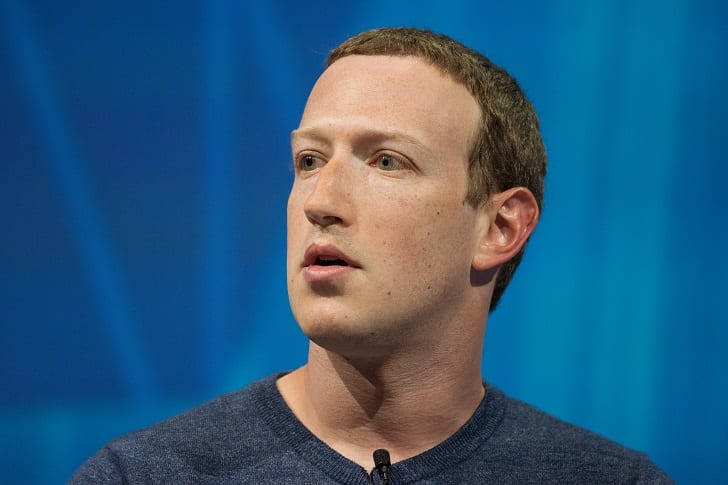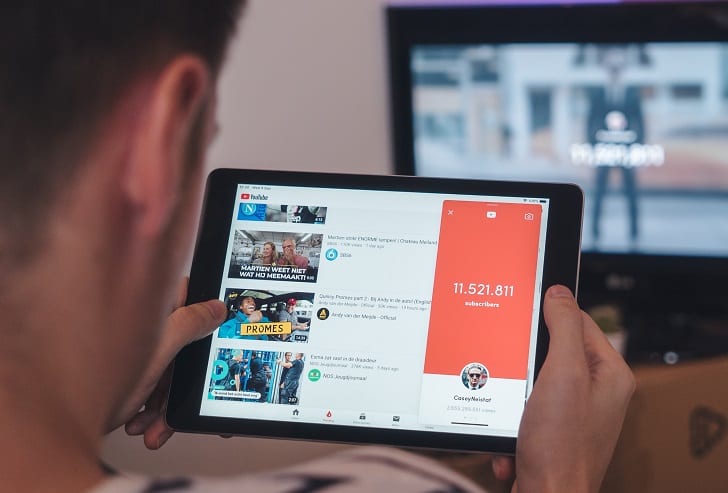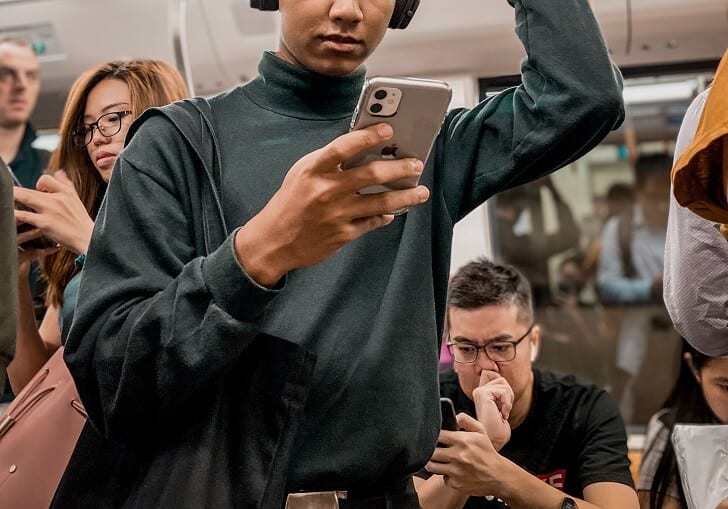Social media sites like Facebook and Twitter are in big trouble. And no, it’s not because of the coronavirus pandemic or even new competitors.
In fact, they were already facing backlash from its own users before the deadly virus came and demanded everyone’s attention.
People have started talking more and more about the amount of time we all spend on social media and its effect on our overall digital health. However, this awareness seemingly led to more hours scrolling through the same sites as the coronavirus prevented people from going out to the real world altogether.
Beyond the Surface

It also doesn’t help that social media executives like Facebook CEO Mark Zuckerberg haven’t been living up to their self-professed value of ‘time well spent’ on the social networking site.
Time well spent, at least for Zuckerberg, means that people value the time they dedicate on Facebook and feel good about themselves after. It borrows from Google’s former design ethicist Tristan Harris’ similarly named concept, which emphasized how companies can benefit their user’s lives.
In the end, executives may get away with not addressing the rising concerns over their sites. After all, Facebook is doing pretty well in terms of business with its stock already recovering from a price nosedive in March.
Existential Crisis

The outward success that social media sites have today may not last long though, problems that aren’t reflected in balance sheets continue to fester beneath the surface.
One of the most pressing ones is the identity crisis that sites like Facebook, Twitter and YouTube seemingly face. Experts have observed how these social media giants have no idea why they exist anymore.
For example, Twitter used to pride itself on being a platform for free speech. Now, it has turned into something that’s both filled with contradictions and has become a place for harassment.
In the end, some experts believe that social media networks’ undoing came when they disrupted their own sense of purpose.
Long Road Ahead

The good news is that this current problem won’t be leading to the fast migration of users. Facebook has billions of users throughout its apps, who probably won’t forego their accounts all at once.
There’s also the fact that the number of social media users is projected to increase as the years pass. Current times also proved the many benefits of having access to social media platforms during a time when people can’t have physical contact.




